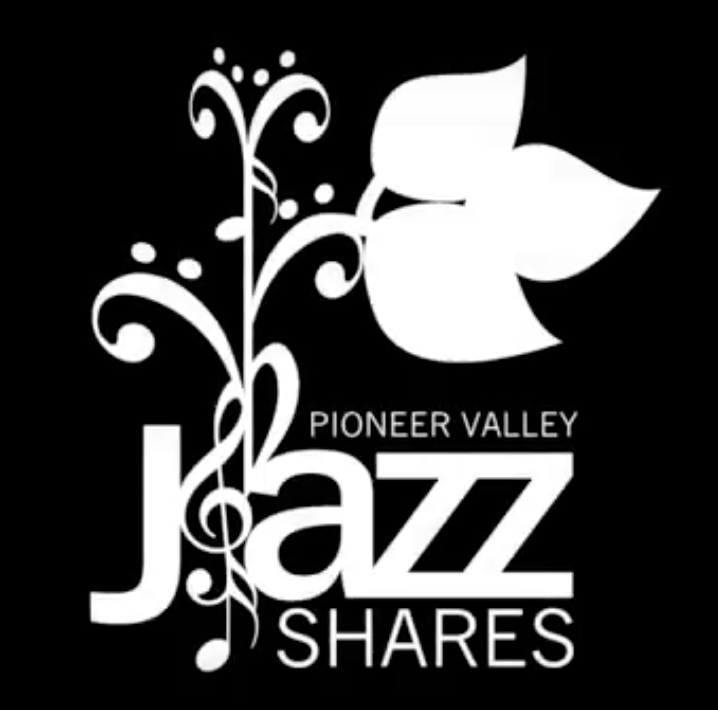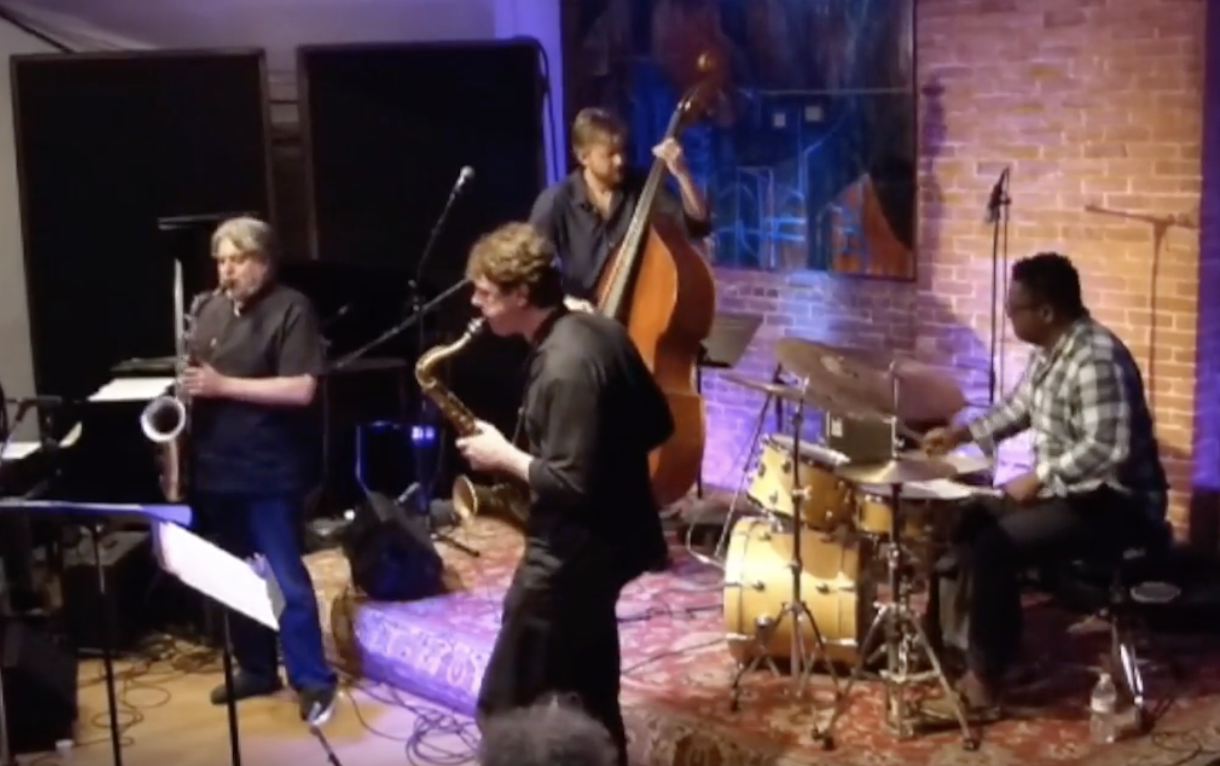Last week, we held our first Tech Tuesday of 2019 and took a deep dive into the participatory decision-making platform, Ethelo! We were joined by 40 participants as founder and CEO of Ethelo, John Richardson, shared the ins and outs of this civic tech tool that empowers groups to collaborate on complex challenges. If you weren’t able to make the call, we encourage you to listen to the recording of it here.
![]() We first learned about Ethelo back in 2014 when the platform was still in its beta form and NCDD members had the opportunity to test it out then. It is phenomenal to see how robust Ethelo has evolved over the last five years and we’re grateful to John for showing us its new capacities!
We first learned about Ethelo back in 2014 when the platform was still in its beta form and NCDD members had the opportunity to test it out then. It is phenomenal to see how robust Ethelo has evolved over the last five years and we’re grateful to John for showing us its new capacities!
On the call, John shared how the collaborative decision-making platform inherently brings in participants’ values into the process, allows space for people to weigh priorities, engage with each other, and take action on complex issues. Ethelo is great for any size group or organization and can be applied in business settings like project management and strategic planning, and in community applications like policy-making and participatory budgeting. We learned about an exciting new development on the call – Ethelo is merging with the budget simulator software tool, Citizen Budget (used by 1/3 of the Canadian municipalities) and will now offer the Citizen Budget tools as part of the Ethelo platform. John shares a special offer for NCDD members that we encourage our network to utilize, but you have to listen to the recording to find out the details!
Here are some of our favorite takeaways from the Tech Tuesday call:
- Ethelo started as a non-profit organization in 2011 with a vision to improve democratic policy-making using Internet technology.
- The platform gives participants a meaningful role in the decision-making process, enabling them to evaluate options, discuss and add ideas, weigh priorities and do trade-offs.
- What makes Ethelo unique is the voting function and ability to prioritize the options in order of support (AND with multiple visual options on the results)
- Ethelo brings together a decision-making framework where participants apply the same criteria to whatever is being evaluated and prioritize the criteria (this brings in peoples’ values to the process).
THANK YOU to John and everyone who joined this call! We recorded the whole presentation if you were unable to join us, which you can access here. We had several excellent questions offered in the chat, which you can find the transcript of here.
To learn more about NCDD’s Tech Tuesday series and hear recordings of past calls, please visit www.ncdd.org/tech-tuesdays. Archives access is a benefit of being an NCDD member, so ensure your membership is up-to-date (or click here to join). If you have an idea for a future Tech Tuesday event, please email keiva[at]ncdd[dot]org with your great ideas!
Finally, we love holding these events and we want to continue to elevate the work of our field with Confab Calls and Tech Tuesdays. It is through your generous contributions to NCDD that we can keep doing this work! That’s why we want to encourage you to support NCDD by making a donation or becoming an NCDD member today (you can also renew your membership by clicking here). Thank you!


 On May 9, 2019, the
On May 9, 2019, the  After four years of visionary leadership, Parisa Parsa has made the decision to step down from her role as Executive Director. She will continue to serve as an experienced and trusted practitioner in the field.
After four years of visionary leadership, Parisa Parsa has made the decision to step down from her role as Executive Director. She will continue to serve as an experienced and trusted practitioner in the field. Wednesday, April 24th
Wednesday, April 24th Wednesday, April 24th
Wednesday, April 24th


